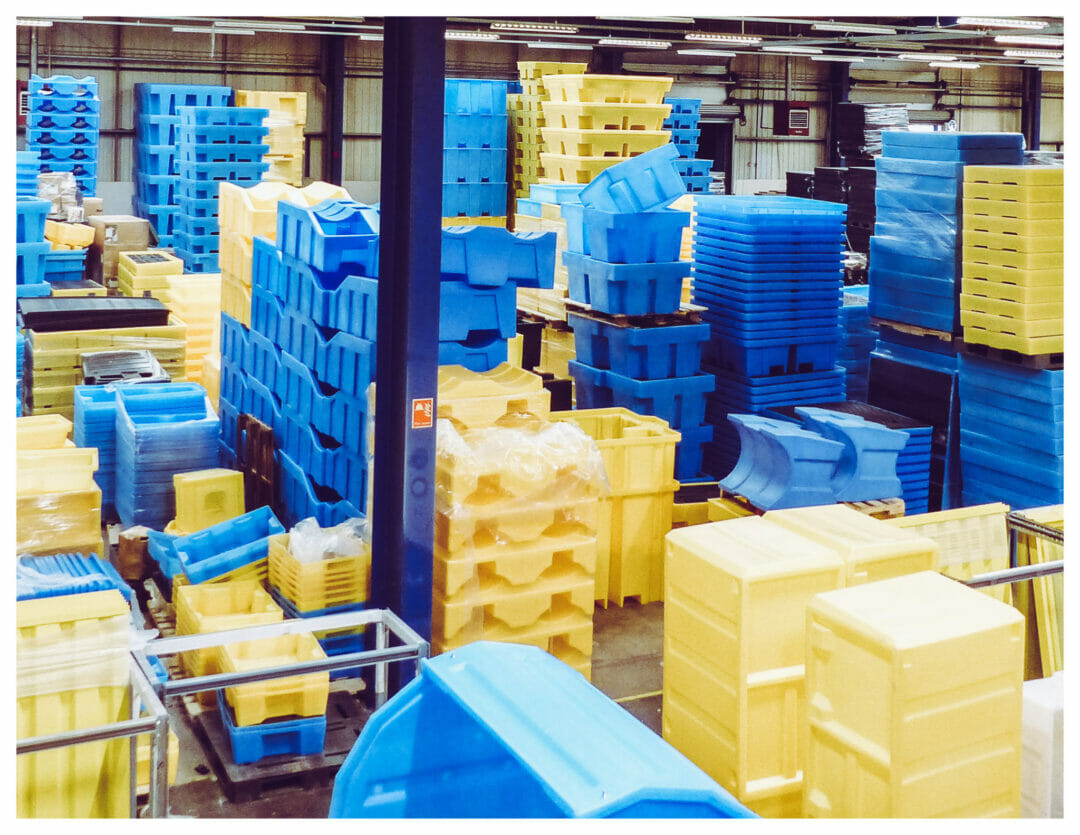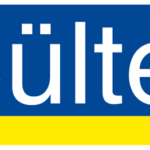As Brexit continues to overshadow the UK and its many industries, the effects on manufacturing are being seen far and wide. Headlines talk of “chaos”, “exports tumbling” and “irreparable damage”. However not all companies are feeling that effect.
Indeed, the UK’s manufacturing industry suffered a slowdown in growth last month following a previous stockpiling increase as reported by intelligence analysts IHS Markit. Whilst figures were in line with predictions, new order generation and export business slowed down at the second-fastest rate in over four years as “overseas clients [are] acting to re-route their supply chains away from the UK in advance of Brexit”, commented by Rob Dobson, Director at IHS.
In addition, Dobson commented that the manufacturing employment rate saw a fall for the third time in four months as companies work harder to cut “natural wastage, improve efficiency and workforce restructuring”. This is coupled with findings from Subcon Show that showed a third of annual survey respondents admitted that they are suspending or decreasing headcount in the wake of Brexit. A further 32% are suspending or decreasing investment in equipment purchases, and 28% applying the same caution to research and development (R&D).
One company swimming against the tide of Brexit is spill containment manufacturer Romold®, based in Livingston, West Lothian. Creating plastic spill containment products since 1998, significant investment has been made into machinery, employment and buildings over the first quarter of 2019.
As a result, the company have seen a 36% increase in sales figures year on year with export making up the majority of the growth 1. Commenting on the export business, Lars Birkedal, Export Director, said, “We serve many countries globally. In regards to exporting to the EU, we have taken several short term measures to protect our business and have plans in place for most Brexit scenarios. We have warehousing in key European locations and can work around complex logistics to ensure our delivery performance is not affected. Whilst we cannot control possible levies that may impact our competitiveness against EU manufacturers in the short term, we have strong client relationships and longer term plans to overcome any competitive disadvantage.”
To cope with increased demand, one such investment has been a new £500,000 rotational moulding machine; imported from Milan and designed to produce larger products in a more efficient manner.
With improved streamlined production, Romold have also committed a sum of over £600,000 on the purchase of a second 26,438 sq. ft. factory adjacent to current operation. It is currently being used to house additional stock but also provides options for additional production capacity.
Managing Director of Romold and sister company Empteezy Ltd Bruce Wishart commented, “The acquisition of this unit and machinery will increase our output capacity, allowing for shorter lead times for delivery to our customers. This will help facilitate the strategic expansion of operations in coming years.”
Such growth in operations requires significant increase in manpower with the creation of over 16 jobs in 2019 and 10 more in the near future. The boost of employment in the local area and community investment is of huge importance to Romold with the additional sponsorship of local charities, businesses and more.
Whilst uncertainty continues to weigh heavily on future plans for many manufacturers, Romold continue to build quality and long lasting relationships that will safeguard them from the effect of Brexit’s aftermath… whatever that may be.
1: Q1 2018 vs Q1 2019







